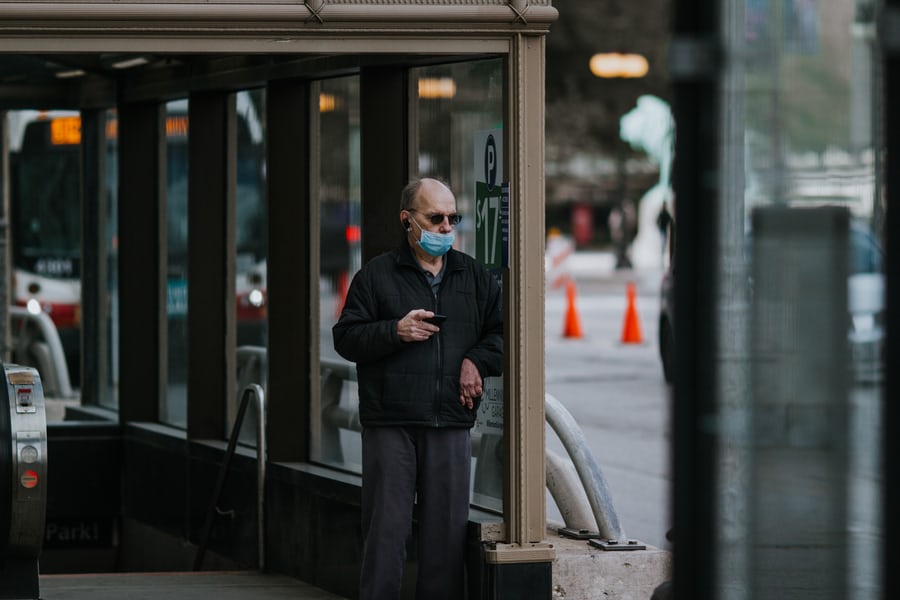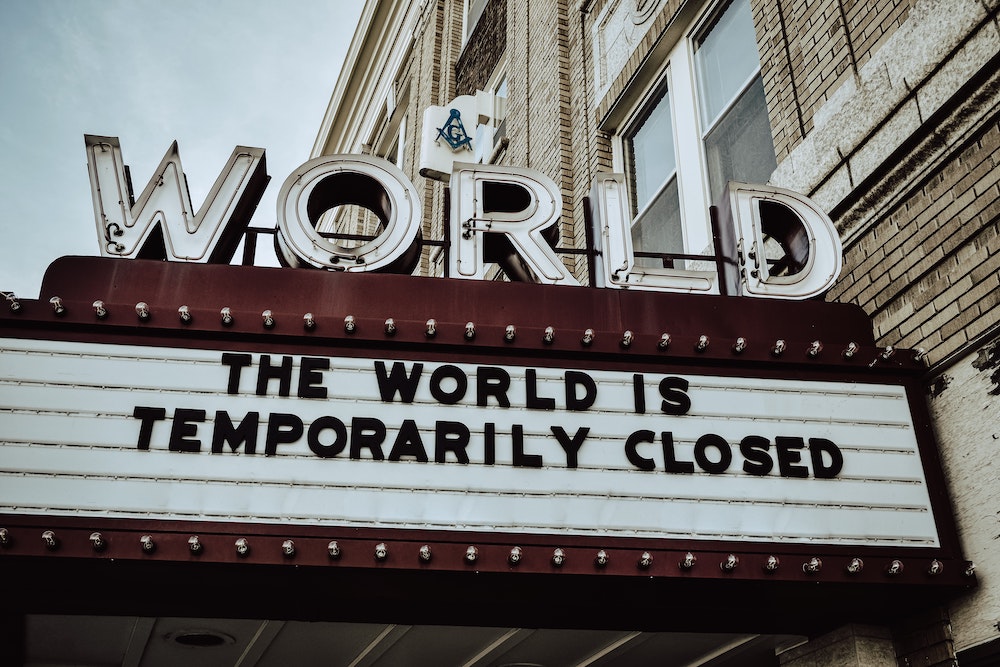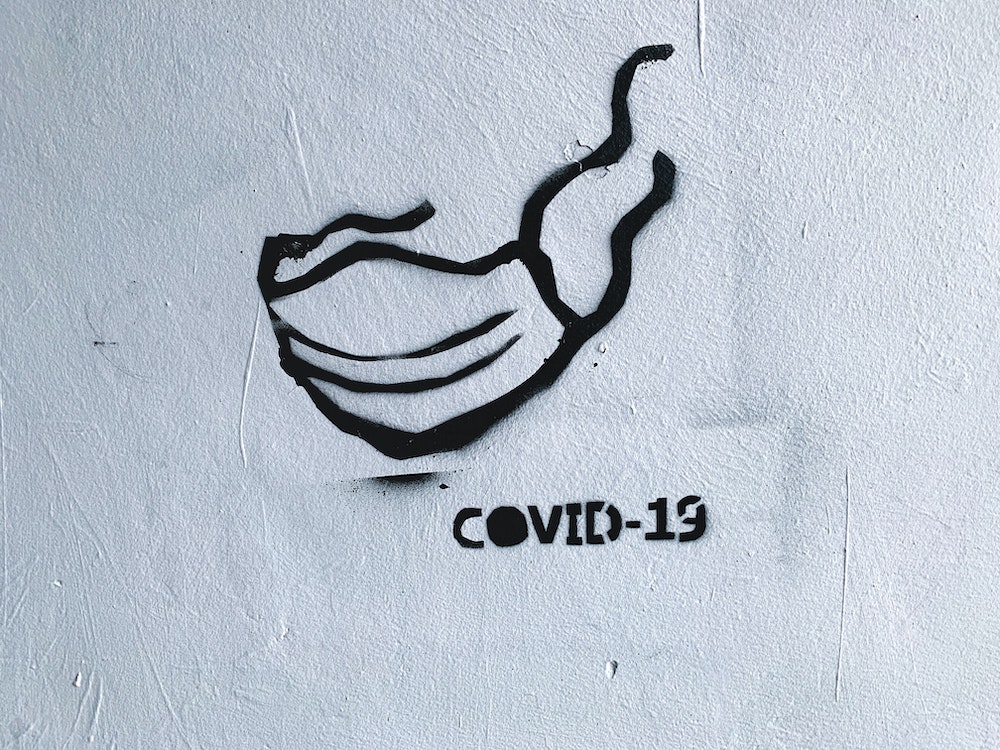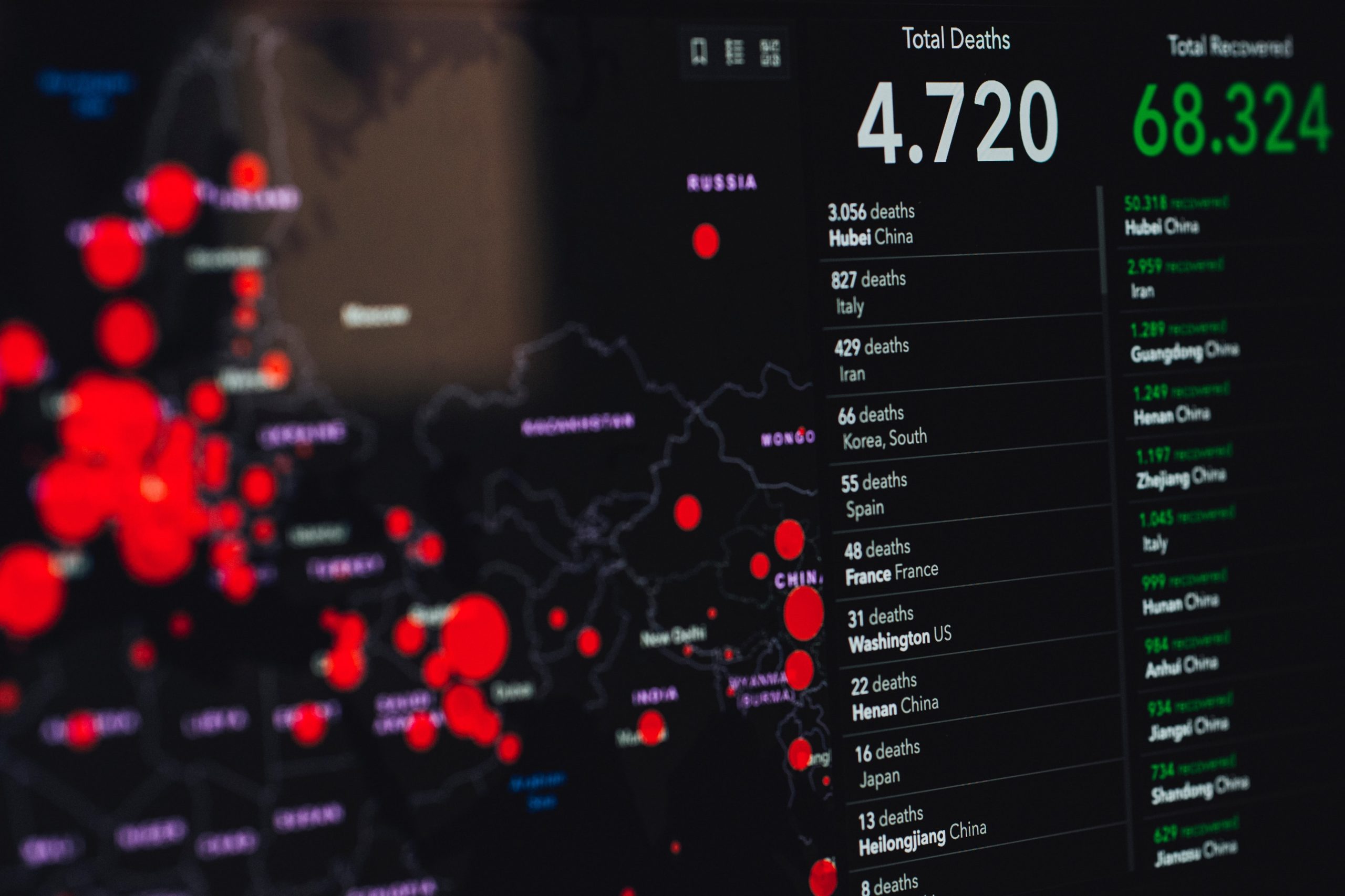This week’s top three summaries: R v McConnell, 2020 ONCJ 177, R v Rajan, 2020 ONSC 2118, and R v Kazman, 2020 ONCA 251.
R v McConnell (ONCJ)
[April 8, 2020] Sentencing - COVID-19 Effect - 2020 ONCJ 177 [The Honourable Justice R. Kwolek]
AUTHOR’S NOTE: Here, the in-custody accused was sentenced after pleading guilty to numerous offences. At enhanced credit, he had spent about seven months in custody. The Crown sought a global sentence of 15 months incarceration plus probation. The Defence argued a sentence of time served plus probation would be appropriate because of the exceptional circumstances created by the COVID-19 pandemic. Justice Kwolek determined that the implications of COVID-19 must be considered when imposing a sentence. The accused received a sentence of time-served and a period of probation.
Pertinent Facts
[1] The offender pled guilty to a total of 10 Criminal Code offences; three Controlled Drugs and Substances Act offences and one count of driving while his licence was suspended contrary to the Highway Traffic Act.
[2] The offender has been in custody since November 16, 2019.
[3] The offender’s pre-sentence custody, as of today’s date, is by my calculations, 145 days pre-sentence custody with the court awarding an enhanced credit of an additional 73 days for a total period of incarceration of 218 days. Just short of seven months custody.
[4] The Crown’s position was a global sentence of fifteen (15) months incarceration, less credit for pre-sentence custody, plus probation.
[5] The defence global position, when this matter was argued on April 7, 2020, was that a period of incarceration of time served, plus probation to follow and a fine for the Highway Traffic Act matter would be appropriate.
Sentencing and COVID-19
[33] The offender is being sentenced in the middle of a pandemic for property crimes. Courts have taken the view that, given the risks faced by individuals who are incarcerated, although the inmates who truly prove a risk to society should remain incarcerated, others who do not pose such a risk to society should be released if such a disposition is possible and appropriate.
[34] The court when it imposes its sentence must recognize and consider, COVID-19 implications and the sentencing provisions of the Criminal Code including section 718.2 of the Criminal Code.
[35] Given the accused’ s lack of any history of violent offences, and his entering of guilty pleas and expressions of remorse, together with his plan for dealing with his substance abuse issues, the court finds that a global sentence of about eight months would have been appropriate. As the offender has already served the equivalent of a sentence of about seven months, there is nothing to be gained and much to lose by continuing his incarceration.
[36] Considering all mitigating and aggravating factors and the current world crisis regarding COVID-19, the court finds that the appropriate sentence would be time served. The court believes that a lengthier period of probation rather than a lengthier period of incarceration at this time would assist the accused and ultimately society. A previous lengthy period of incarceration did not deter this individual from re-involving himself in criminal activity.
[40] I find a sentence of seven to eight months’ incarceration to be appropriate for the charges before the court. Under the current circumstances, that sentence can be best addressed by a sentence of time served followed by a lengthy period of probation.
R v Rajan (ONSC)
[April 3, 2020] Judicial Interim Release – Tertiary Ground – COVID-19 - 2020 ONSC 2118 [The Honourable Justice D.E. Harris]
AUTHOR’S NOTE: Here, the accused made his fourth application for bail pending his trial. The Crown conceded that there was a material change in circumstances based on the exclusion of the firearm evidence and the COVID-19 crisis but opposed release on both the secondary and tertiary grounds. The combined impact of the time the accused spent in custody and the erosion of the Crown’s case meant the secondary ground supported release. Justice Harris determined that the threat of COVID-19 in jails went a long way to cancel the traditional basis for tertiary ground detention and would impact the public perception of release. Justice Harris concluded that the tertiary ground considerations were met and ordered the release of the accused.
Pertinent Facts
[1] Sohail Rajan makes his fourth application for bail release pending his trial. Crown counsel agrees that there has been a material change of circumstances but opposes release. This bail hearing was held by way of audioconference due to the COVID-19 pandemic.
[2] I have with considerable reluctance come to the conclusion that the applicant’s argument that he should now be released on bail must succeed. The secondary ground which has been the main concern in the past has shifted and now weighs in favour of release. With reference to the tertiary ground, it has been fundamentally altered by the COVID-19 pandemic and the threat it poses to inmates and staff in the jails. The applicant has discharged his onus on the tertiary ground as well.
[18] This bail application is posited on a material change of circumstances. Ms. Norman for the Crown fairly concedes that there has been a change of circumstances based both on the exclusion of the firearm from the trial evidence and the COVID-19 crisis which has descended upon the world. Bail release should be considered anew: R. v. St. Cloud, 2015 SCC 27, [2015] 2 S.C.R. 328 at paras. 122-139.
The Tertiary Ground and COVID-19
[36] The COVID-19 pandemic will be recorded as a major event in human history. No one in our lifetime has been through anything like it. Although thankfully not on the scale of the Spanish flu of 1917-1918, it has left a trail of profound destruction and devastation. Some estimates put the eventual death toll in the millions.
[37] The present day effect around the globe has been enormous. Normal human activity has come to a standstill. At least in Canada, we are still at a relatively early stage. It cannot be known the course this plague on humanity will take.
[38] In the world we are living in, the proper application of the tertiary ground for refusing an accused bail has been radically altered. This ground of bail is not based on an accused’s risk to the community or the importance of ensuring attendance in court. It is anchored exclusively in the perceptions of the public and the maintenance of confidence in the system of bail.
[39] The simple fact is that a reasonable and informed member of the public would be wary of keeping alleged offenders in pre-trial custody for the sole purpose of advancing confidence in the system of justice. The dangers to the prison population--both inmates and staff--posed by the risk of contagion have reordered the usual calculus.
[40] The tertiary ground must, for the time being, be looked at in a new light. To demonstrate the change brought about by COVID-19 on this aspect of bail, it is important to first appreciate the nature of the tertiary ground….
[53] It may be that prison conditions, although theoretically relevant, would not ordinarily assume significant proportions within the tertiary ground analysis. However, there is nothing ordinary about the COVID-19 crisis. These are extraordinary, dire times. The virus is highly contagious. People who contract the virus are at real risk of very serious illness or death. This is unquestionably a public emergency of a dimension not previously experienced in this country.
[56] In all of this upheaval, to be in a jail as an inmate or a staff member must count as one of the most dangerous places imaginable. Physical distancing in any true sense is simply not possible. One does not have to have been in a jail to realize this. A jail is a government-enforced congregation of people. That is inherent in its very concept. When density and human contact are to be avoided, jail cannot be a safe place to be.
[63] The applicant’s risk is higher than most men of age 42. He suffers from serious psoriasis, an auto-immune disease. In September of 2019, there was an eruption on his trunk and extremities which ultimately covered his entire body. Pustules eventually formed. He was put on antibiotics. This disease makes him more vulnerable. The Ontario COVID website warns, “Your risk of severe disease may be higher if you have a weakened immune system.”
[66] There are major ramifications arising from the COVID-19 pandemic for the tertiary ground. In situations where the tertiary ground may have authorized detention in the past, the threat of COVID-19 to an individual seeking bail must now be incorporated into “all the circumstances” in Section 515(10)(c).
[68] While the tertiary ground reasons for detention are based on a visceral reaction against release--a somewhat abstract notion premised on gauging the reasonable views of the public--the threat of COVID-19 in a jail setting is based on cold, hard scientific reality.
[69] The two must be counterbalanced against each other. The traditional grounds for the imposition of tertiary ground detention expressed in Hall, Mordue and St. Cloud as quoted above continue to militate towards detention. However, the threat of the virus pulls strongly in the other direction, towards release. In the end, the threat, if not the actuality of COVID-19, goes a long way to cancelling out the traditional basis for tertiary ground detention.
[70] The Canadian public understands the momentous nature of this crisis and would be greatly concerned for the health of inmates and staff in institutional settings. In the public’s mind, the real and tangible threat of contracting the virus may well supplant the otherwise negative reaction to the release of an accused person. The public is not short-sighted but would look at the long-term reputation of the administration of justice. In the face of the pandemic, bail release, in the absence of primary or secondary ground concerns, may well not shake the confidence of the public.
[73] Lest there be any mistake, it should be emphasized that this discussion and the effect of the virus on individuals applying for bail only pertains to the tertiary ground. The effect of COVID-19 on the primary and secondary grounds for detention was not raised as a significant issue on this hearing.
[75] For these reasons, I would grant bail…
R v TK (ONSC)
[April 1, 2020] – Judicial Release Pending Appeal – Public Interest – COVID-19 – 2020 ONCA 251 [The Honourable Justice Harvison Young]
AUTHOR’S NOTE: Here, the applicant sought bail pending his leave application to the Supreme Court. At issue was whether the applicant’s release was in the public interest. The applicant submitted that the exceptional circumstances of the COVID-19 pandemic would lead to reasonable, well-informed member of the public to determine detention is not necessary. The Crown submitted that there was no evidence of COVID-19 cases at the Penitentiary or that the applicant was at any greater risk of contracting the virus than any other member of the public. Justice Young determined that the applicant’s health conditions and age meant he was vulnerable to COVID-19. When combined with the inability to practice social distancing in jail and increased risk of spreading the virus in custodial settings, Justice Young concluded the particular circumstances justified release
Pertinent Facts
[1] The applicant Mr. Kazman seeks bail pending his application for leave to appeal to the Supreme Court of Canada (“SCC”) from this court’s dismissal of his appeal. After hearing this application by teleconference, I advised the parties that release was granted with brief reasons to follow. These are those reasons.
[5] For the applicant, Ms. Martell submits that the application for leave is “not frivolous” under s. 679(3)(a) of the Criminal Code, R.S.C., 1985, c. C-46. She also points to the fact that, until he surrendered into custody in December 2019, the applicant had been on bail for some eight years with no incident. Mr. Harper, for the Crown, submits that the applicant does not clear the “not frivolous” bar. In the alternative, he submits that the applicant does not meet his onus of establishing that it is in the public interest that he be released.
[8] Ms. Martell acknowledges that where this court has dismissed an appeal and the appellant does not have an appeal as of right, bail is seldom granted before the SCC has granted leave to appeal. However, she argues exceptional circumstances exist in this case, and highlights:
…
[9] Taking this together, Ms. Martell submits that a reasonable, well-informed member of the public would not find the applicant’s immediate detention necessary in these exceptional circumstances.
[14] While Mr. Harper quite reasonably does not dispute that there is a global pandemic currently underway, he argues that there is no evidence that there have been any COVID-19 cases at the Joyceville Penitentiary where the applicant is presently incarcerated, or that the applicant is living in crowded conditions rendering him at any greater risk of contracting the virus than any other member of the public.
Public Interest and COVID-19
[16] That said, the particular circumstances of this case justify release. The applicant’s crimes were serious but not violent. These offences were the first offences with which he has been convicted. There are no lingering public safety or flight risk concerns that weigh in favour of immediate enforceability.
[17] Further, the applicant’s health conditions, which were well documented in the record before the court, as well as his age, place him within a vulnerable group that is more likely to suffer complications and require hospitalization if he contracts COVID-19. It is necessary for him to practice social distancing to lower the risk of contracting COVID-19. Being in jail will make it difficult, if not impossible, to practice such social distancing.
[18] As the public health authorities have emphasized at this time, the need for social distancing is not only a question of protecting a given individual but also the community at large. In the prison context, a COVID-19 outbreak may turn into wider community spread as prison staff return home. As we are repeatedly hearing during this pandemic, the wider the spread, the greater the pressure will be for scarce medical resources.
[19] For these reasons, and in light of all of these factors together, the applicant’s release for a limited period would not undermine a reasonable and informed person’s confidence in the administration of justice.
[20] I emphasize that this does not mean that bail will be granted in any case where COVID-19 is raised as an issue. In R. v. Morgan (31 March 2020), Toronto, M51470 (C67536) (Ont. C.A.), bail pending appeal was denied due to the applicant’s risk of reoffending and the inadequacy of his sureties to supervise against further offending.
[21] However, the particular circumstances of this case justify release. Given the applicant’s health issues amidst the COVID-19 situation, and the limited bail period sought, I am persuaded that the applicant’s detention is not necessary is in the public interest.
[22] For these reasons, the application is allowed.






